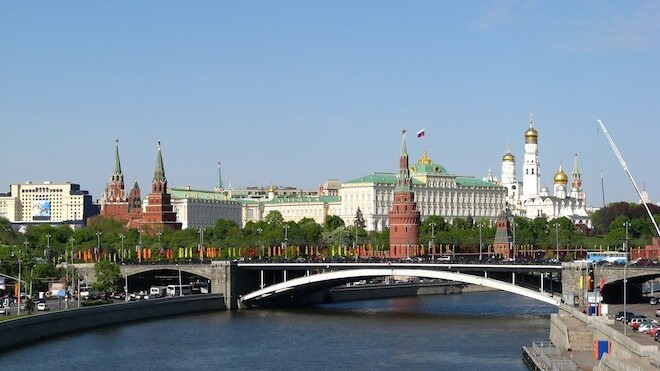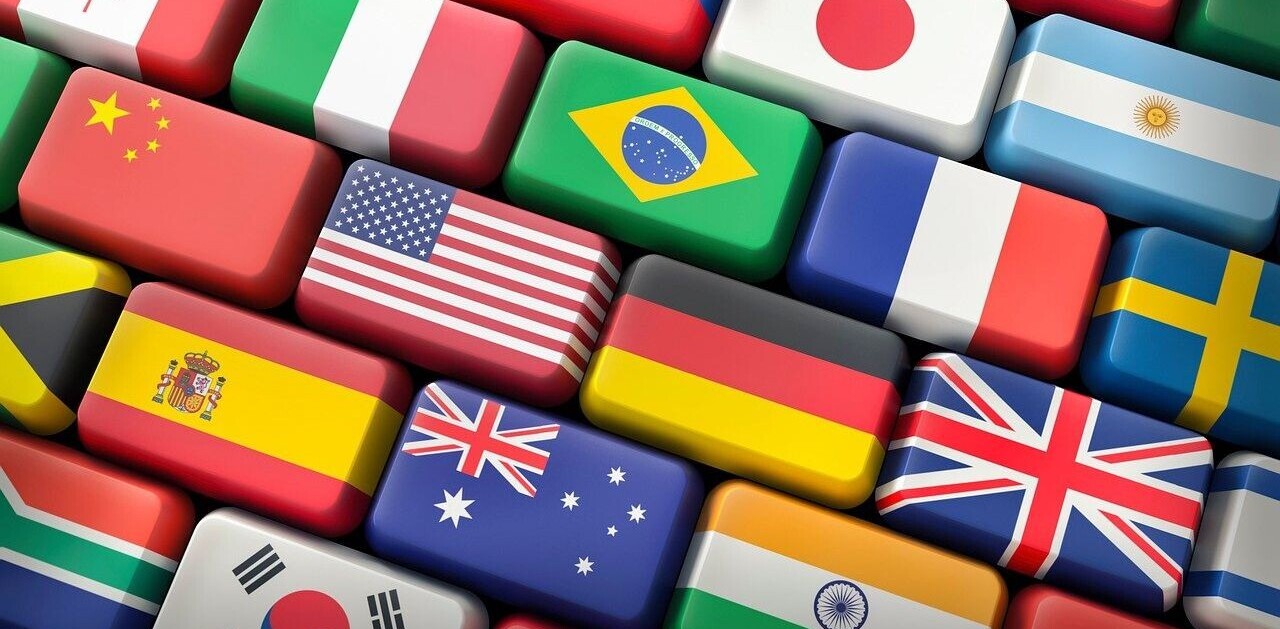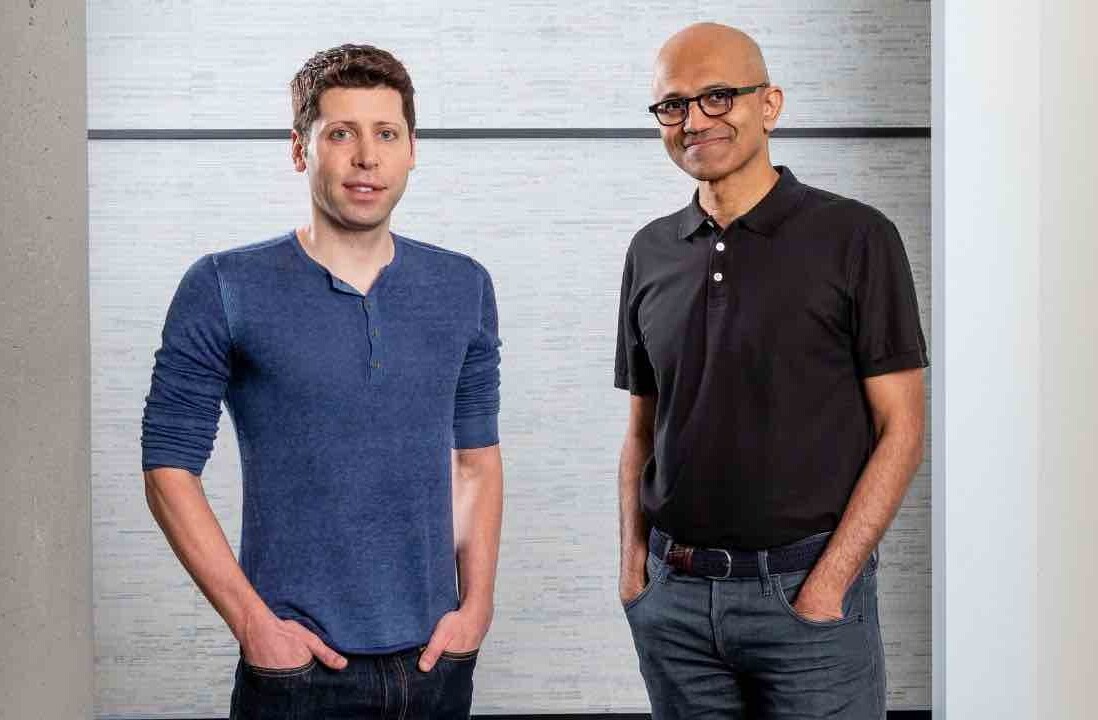
Your friendly neighborhood The Next Web-man is currently scoping out the Russian startup ecosystem and technology industry here in Moscow. As you may know, Russia is already home to the two largest Internet companies in Europe, Yandex and Mail.Ru Group, both of which have gone public in recent times.
Russia is also the largest Internet market in Europe, period, after overtaking Germany in terms of total amount of Internet users back in September 2011.
No wonder you’re likely to bump into representatives of many international venture capital and private equity firms in Moscow these days.
But just how big is the Russian Internet market, exactly, and is there still room for growth? How can companies like KupiVIP and Ostrovok strive to become multi-billion dollar companies by focusing exclusively on Russian-speaking countries?
We’ll tell you the great stories behind those and other Russian Internet companies soon, but thanks to independent research from GP Bullhound shared with The Next Web, we can already bring you the most recent facts and figures.
According to the firm, (only) 47 percent of Russia’s total population is currently online, or roughly 67 million people. New users are coming online for the first time in droves all around the country, particularly where penetration is generally low.
Last year, 90 percent of new Internet users were from outside of major cities like Moscow and St. Petersburg.

Russia’s mobile penetration is among the highest in the world at 159 percent today, compensating for the poor fixed-line infrastructure in the country. If you think those phones are almost all feature phones, think again: smartphone penetration has reached 25 percent, which is comparable to big Western markets like the UK, France and Germany.
Mobile Internet penetration is currently at about 20 percent but growing rapidly: the monthly mobile audience has nearly doubled in the last 3 years, estimates GP Bullhound, while overall Internet audience has grown by 50 percent.
Today, 8 percent of purchases online are believed to be made from mobile devices.

Meanwhile, Russia’s online advertising market is still nascent, with only 9 percent of ad budgets being spent online vs. roughly 26 percent in the UK.
Nevertheless, spending on Internet marketing is growing quickly as traditional businesses are gradually moving to online and mobile advertising to capture the vast Internet audience in Russia, and investments in e-commerce, online gaming and content businesses are filtering through the supply chain.
Search engine advertising is about 53 percent of the total online advertising share in Russia, with Yandex dwarfing global juggernaut Google (with a 61 percent vs. 26 percent search market share, respectively).
Russia’s e-commerce is booming, too, growing at 16 percent per year as more than two quarters of Internet users still do not shop online (mainly because cash-on-delivery remains the dominant payment method throughout the country, while the logistics system is a nightmare).


The social networking space is still dominated by local players like vKontakte and Odnoklassniki, who both boast very high engagement rates, although Facebook is closing the gap fast.
In 2009, Facebook had only 2 percent of the market, but it has narrowed the gap by growing to a 20 percent share today. Twitter, meanwhile, had about 1 million users in January 2011, according to GP Bullhound.

Get the TNW newsletter
Get the most important tech news in your inbox each week.




